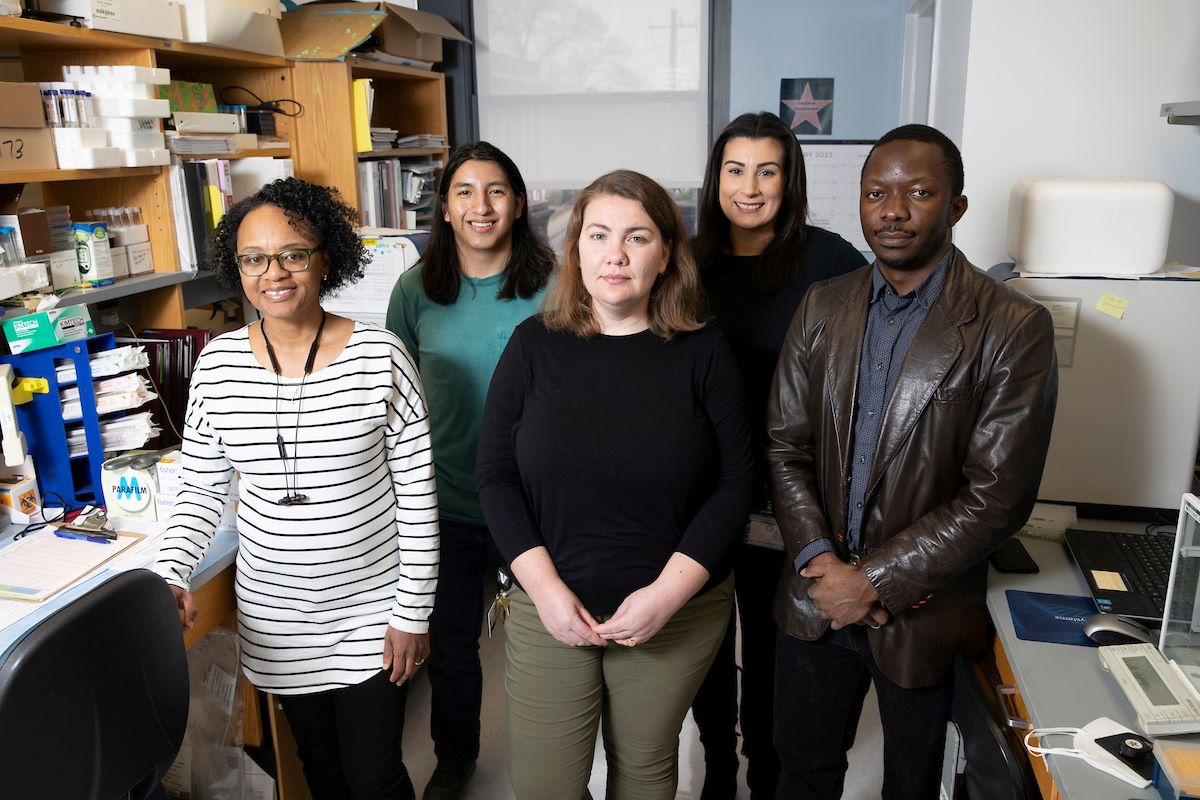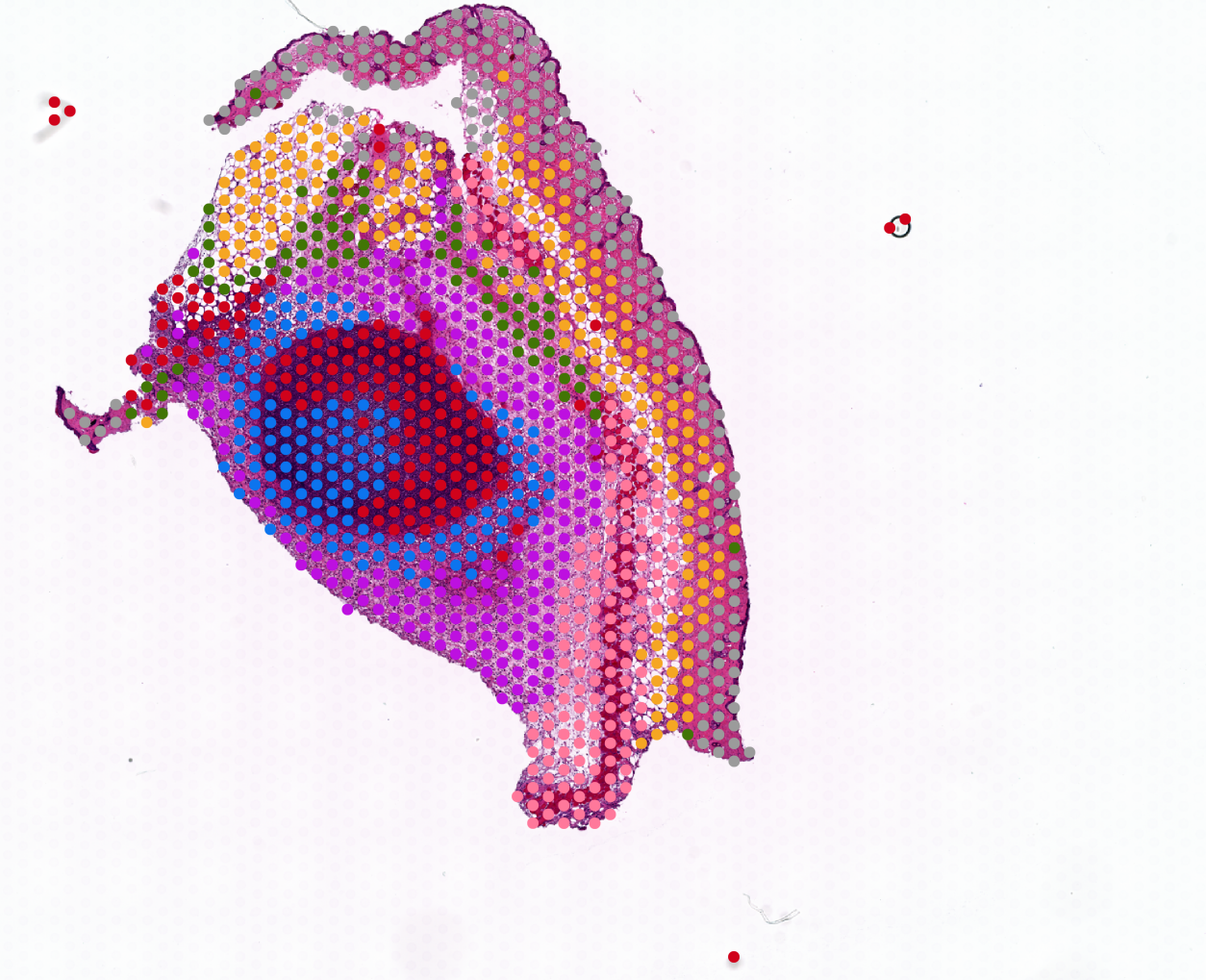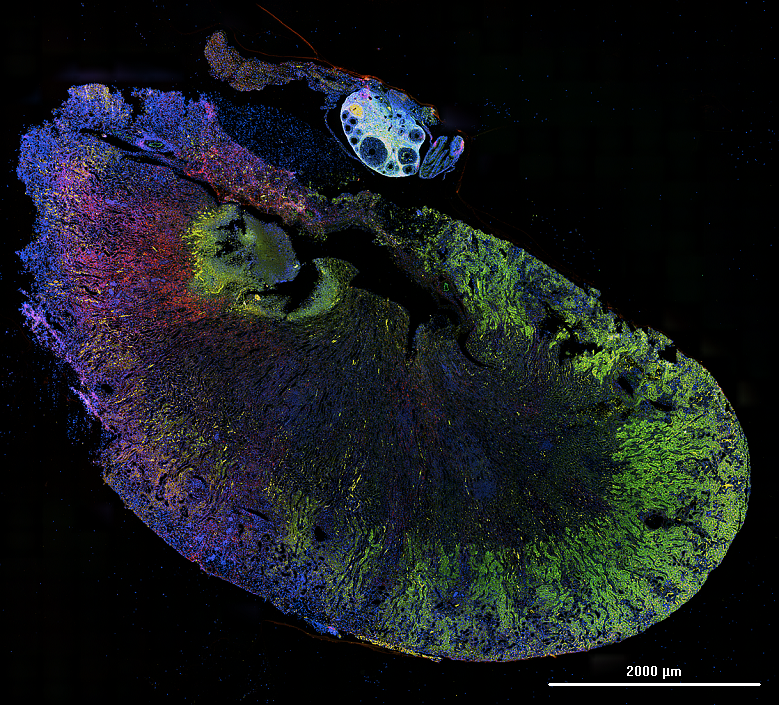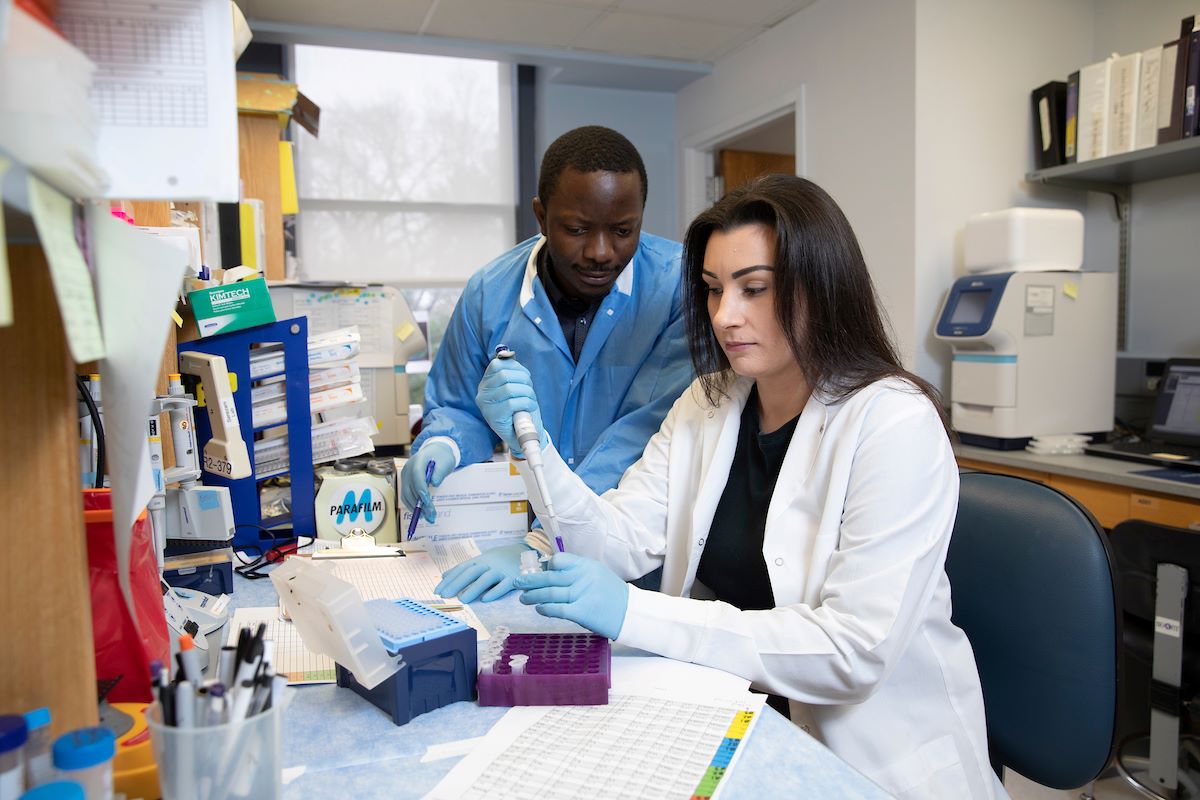The Serezani Lab takes a multidisciplinary approach to address critical immunological questions
Situated at Vanderbilt University Medical Center and led by Dr. Carlos Serezani, PhD, the lab is interested in how phagocytes act in physiological and pathological situations.
The group uses several "omics" techniques and microscopy on murine models and human cells to investigate how the innate immune system maintains homeostasis or contributes to injury during uncontrolled inflammatory responses.
Our work
Research in the Serezani Lab aims to employ host-targeted immunotherapeutic approaches to control hard-to-treat infections.

The Serezani Lab has two main focus areas
Understand how macrophages and neutrophils interact and cause tissue damage during skin infections. We study innate immune mechanisms in the skin in homeostatic and pathological conditions, such as diabetes, obesity, and lupus.


Investigate how endogenous molecular brakes influence organ damage associated with systemic infections. Here, we are also interested in identifying the events responsible for enhanced kidney and lung damage associated with sepsis in models of diabetes.
Our Research
Our lab aims to advance the knowledge of innate immune mechanisms in both homeostatic and pathological conditions to unveil new biological events and potentially new molecular targets. This will inform the development of therapeutic strategies. Some of our featured projects include:
- Mechanisms of efferocytosis during skin infection in hyperglycemia and obesity
- Fungal host defense in the skin of euglycemic and hyperglycemic mice
- Sepsis and organ damage in euglycemic and hyperglycemic conditions
